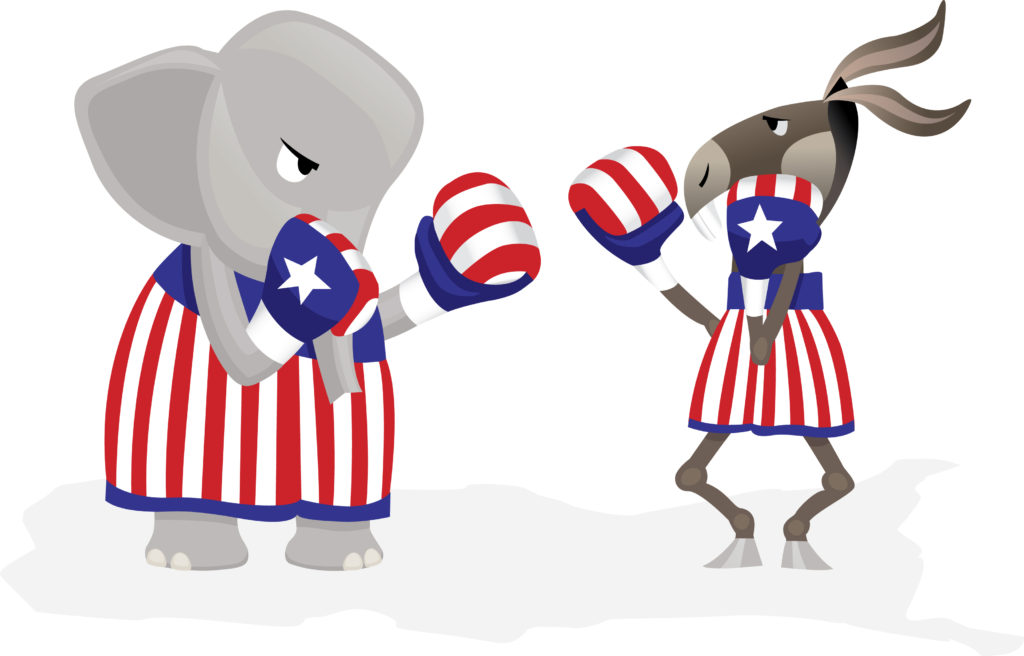
A new president was inaugurated less than a month ago to lead a very divided nation. It has become quite clear that those divisions are not rebuilding anytime soon. So, after one of the most contentious presidential elections in U.S. history, is it a good idea for a brand to join the political conversations?
My opinion tends to be more conservative and say it’s never a good idea to mix politics and business. Why risk profitability taking a political stance and putting your company at odds with half the country. After all, profits are the end goal. For that reason, it surprised me to learn that a recent study by Global Strategy Group stated that Americans are overwhelmingly supportive of corporate political engagement; 88% agreed that corporations have the power to influence social change and 78% agree that companies should take action to address important issues facing society.
This past week, Nike launched an ad calling for equality that you would normally find on the court or the field to extend outside the playing lines. The ad comes just days after the fallout of Kevin Plank, CEO of Under Armour, publicly supporting Trump’s pro-business stance. Does Nike have a brilliant marketing department or are they themselves making up for political backlash they received last Fall when protests erupted in front of Niketown, the athletic apparel company’s flagship store in New York during the holiday season. Niketown leases property owned by Trump.
Any political conversation can be risky and polarizing. The more divisive the issue, the greater the chance the corporate stance will draw attention. Nordstroms, Chick-Fil-A, Uber, Starbucks, Budweiser, Apple, The NFL. These are just a few brands that have faced consumer boycotts in recent months due to their political stance. Boycotts tend to grab a lot of attention and can tarnish a brand’s name but rarely do they hurt company sales. Social Media networks are allowing consumers to organized their boycott efforts more easily but knee jerk reactions to a company’s position tend to lose steam rather quickly in today’s 24-hour news cycle.
Bottom line is that America is fixated on everything political these days. The consumer is more aware of corporate stances than ever before. Consumers see companies with a political identity. For example, Apple as Democrat and Chick-Fil-A as Republican. Consumers want to feel their dollars support businesses that mirror their own personal beliefs.
